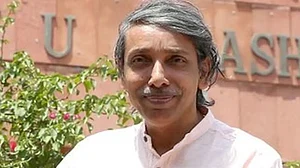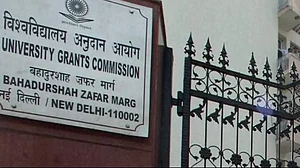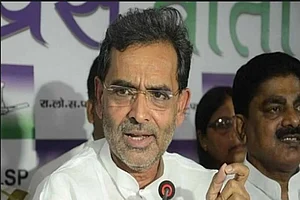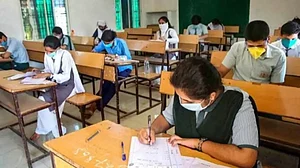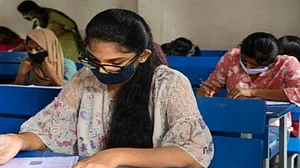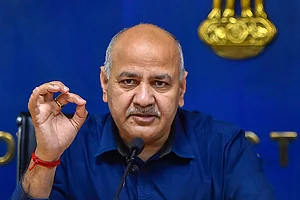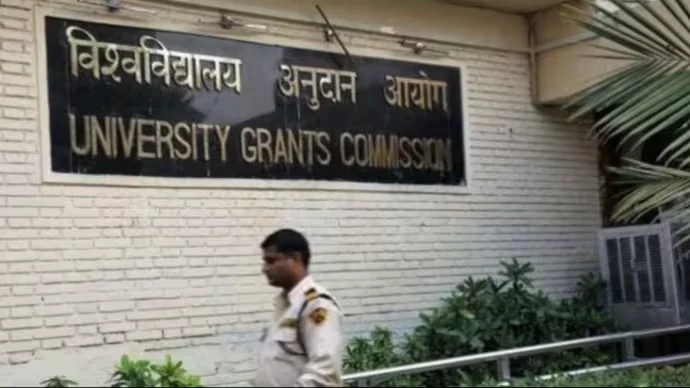
Name: The University Grants Commission (UGC) of India
The University Grants Commission (UGC) of India is the main statutory body responsible for coordinating, defining and maintaining the standards of higher education in the country. Established in 1953, the UGC plays an important role in the development of higher education institutions in India, providing recognition and funding to universities and colleges. This article provides a detailed overview of the formation, objectives, functions and evolution of the UGC over the years, as well as its impact on the higher education landscape in India.
The roots of the UGC can be traced back to the University Grants Committee established in 1945, which was tasked with overseeing the functioning of three central universities: Aligarh, Banaras and Delhi. The responsibilities of this committee were expanded in 1947 to cover all Indian universities. The need for a more structured approach to higher education led to the establishment of the UGC as a statutory body under the UGC Act, 1956.
The UGC was officially inaugurated on 28 December 1953 by Maulana Abul Kalam Azad, Minister of Education, Natural Resources and Scientific Research. Its creation aims to promote and coordinate university education and ensure the maintenance of high standards in teaching, examinations and research. The UGC became a statutory organization with the passing of the University Grants Commission Act by the Parliament of India in November 1956.
The main objectives of UGC include:
Coordination and Promotion: The UGC is responsible for the promotion and coordination of university education in India, to ensure that institutions meet set standards.
Determination of standards: Determine and maintain teaching, examination and research standards in the university, formulating norms governing the minimum educational standards.
Funding and Grants: UGC provides grants to universities and colleges, facilitating development and ensuring availability of resources for higher education.
Advisory role: The UGC acts as an important liaison between the Union and state governments and higher education institutions, advising on necessary measures to improve university education.
Monitor evolution: The UGC monitors the evolution of university and college education, ensuring that institutions adapt to changing educational needs and standards.
UGC operates from its headquarters in New Delhi and has six regional centers located in Pune, Bhopal, Kolkata, Hyderabad, Guwahati, and Bangalore. This decentralized structure enables the UGC to manage and coordinate higher education in various parts of India.
The UGC is governed by a Chairman, appointed by the Government of India, along with other members who include representatives from various educational institutions and organizations. The commission meets regularly to discuss policy, review funding applications, and address issues related to higher education.
The UGC performs several key functions that are important to the functioning of higher education in India:
University Recognition: The UGC gives recognition to universities in India, ensuring that they meet the required educational and governance standards.
Disbursement of Funds: UGC provides funds to recognized universities and colleges for various purposes, including infrastructure development, research projects, and faculty development.
Conduct of Examination: The UGC, in collaboration with the National Testing Agency (NTA), conducts the National Eligibility Test (NET), which is mandatory for candidates aspiring to become assistant professors in universities and colleges.
Accreditation: The UGC oversees the accreditation process for higher education institutions through the National Assessment and Accreditation Council (NAAC), which evaluates the quality of education and the performance of institutions.
Policy Formulation: The UGC plays an important role in formulating policies related to higher education, including on research funding, curriculum development, and faculty recruitment.
Research Promotion: The UGC promotes research in higher education institutions by providing funding for research projects and encouraging collaboration between universities and industry.
Early Work and Impact
Since its inception, the UGC has made significant contributions to the development of higher education in India. Some early works include:
Establishment of New Universities: The UGC has played an important role in the establishment of several new universities in India, expanding access to higher education.
Funding Research Initiatives: The Commission has funded many research initiatives, contributing to progress in various fields of study and improving the quality of research output of Indian universities.
Quality Assurance: The UGC accreditation process has helped improve the quality of education in higher education institutions, so that they meet the prescribed standards.
Promotion of Distance Education: The UGC has also promoted distance education through initiatives like the Indira Gandhi National Open University (IGNOU), making higher education accessible to a wider audience.
In recent years, the UGC has taken several initiatives to adapt to the changing landscape of higher education:
National Institutional Ranking Framework (NIRF): Launched in 2015, NIRF aims to rank higher education institutions in India based on various parameters including teaching, learning and resources, research and professional practice, graduate performance and outreach and inclusiveness.
Equivalence of Qualifications: The UGC has granted academic equivalence for certain professional qualifications such as Chartered Accountancy, allowing professionals to pursue Ph.D. program and increase eligibility for teaching positions.
Deeksharambh Programme: Introduced in 2019, this program aims to guide and support new students in their transition to higher education, help them adjust to the academic environment and foster a sense of belonging.
Digital initiatives: UGC has adopted digital technology, implemented an online system for grant applications, recognition processes and accreditation, streamlining operations and improving transparency.
The University Grants Commission (UGC) has played an important role in shaping the higher education landscape in India since its establishment in 1953. By promoting quality education, providing funding and ensuring university recognition, the UGC has contributed significantly to the growth and development of higher education in the country. While addressing the challenges of modernization and regulatory reform, UGC's continued commitment to excellence in higher education will be critical to developing a robust academic environment that meets the needs of India's diverse population and prepares future generations for the challenges ahead.








